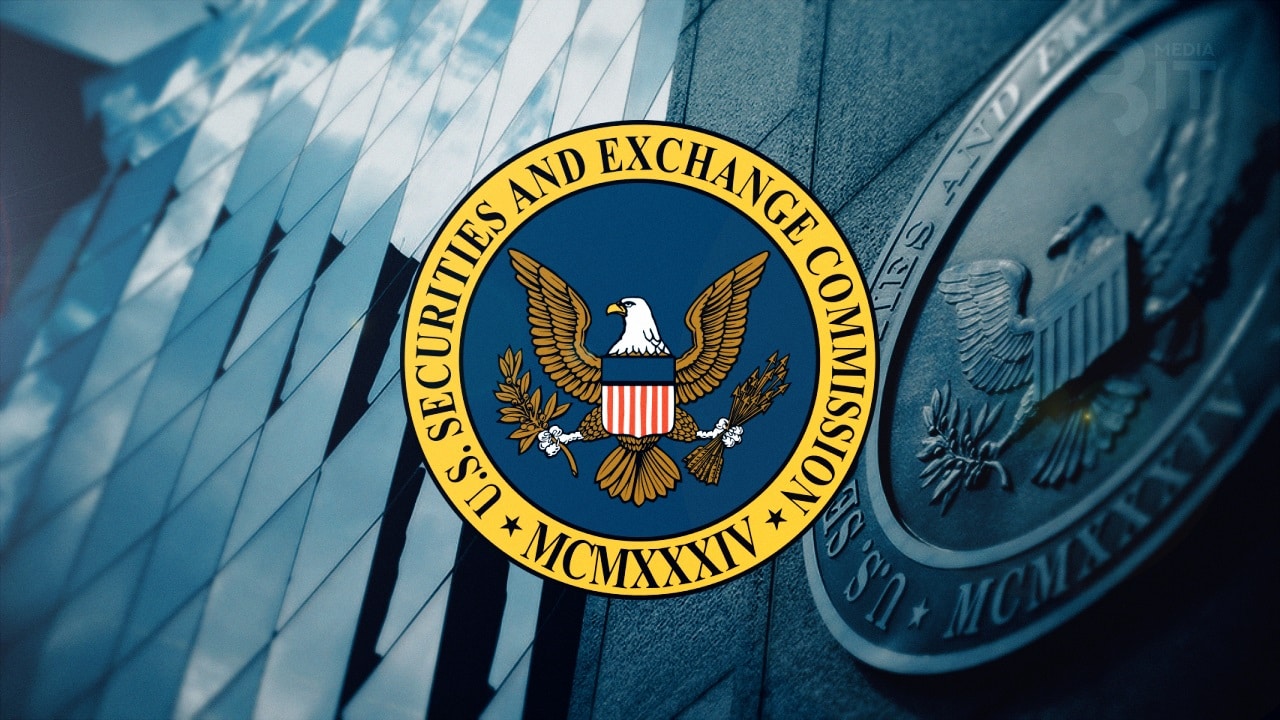
By taking action against Chicago-based trading firm Cumberland DRW, the U.S. Securities and Exchange Commission (SEC) has issued a general warning signal to crypto market participants, especially those with ties to traditional finance, according to regulatory experts.
Sean Tuffy: “Cumberland Case Was a General Warning to Crypto Market”
The SEC’s lawsuit accuses Cumberland DRW of operating as an unregistered dealer in the cryptocurrency markets, with the regulator citing nearly $2 billion worth of transactions that it claims constitute securities transactions.
“I would be surprised if this was the only case the SEC had on its hands, and similar firms should probably see it as a warning shot,” said Sean Tuffy, a regulatory expert.
The case falls in line with SEC Chairman Gary Gensler’s ongoing efforts to classify most cryptocurrencies as securities, with the agency also taking legal action against major exchanges like Binance, Coinbase, and Kraken for the same reason.
Despite the SEC’s familiar pattern of scrutiny in the crypto space, the case against Cumberland DRW stands out. The firm, the crypto trading division of DRW, a commodities trading firm founded in 1992, bridges the gap between traditional and crypto finance. Unlike individual-focused institutions, Cumberland DRW has a long, traditional background and notable clients like Fidelity.
A major player in the crypto ecosystem, Cumberland DRW provides critical market-making services by providing liquidity for institutional investors. The firm is also a major issuer of the Tether stablecoin and collaborates with major crypto exchanges including Binance, Coinbase, and Kraken.
Tuffy noted that this action “likely represents a natural evolution in the SEC’s war on crypto,” signaling a shift toward scrutinizing organizations with more traditional elements in the crypto world.
He also noted the industry’s growing concern over the SEC’s approach, which many see as “regulation by enforcement,” a term that refers to the agency’s strategy of taking legal action against companies it believes are noncompliant rather than issuing clear regulatory guidelines.
In response to the lawsuit, Cumberland DRW expressed disappointment that it had worked with the SEC for years without any prior indication that its operations were problematic. The firm announced that it would change its business practices accordingly, stating, “While they are a changing target, we remain confident in our strong compliance framework and disciplined adherence to all known rules and regulations.”
Former SEC attorney John Reed Stark has argued that what the industry calls “regulation by enforcement” is simply the agency doing its job. He argued that crypto tokens are investments, not just digital tokens, meaning their trading activities are subject to regulatory oversight.
*This is not investment advice.










